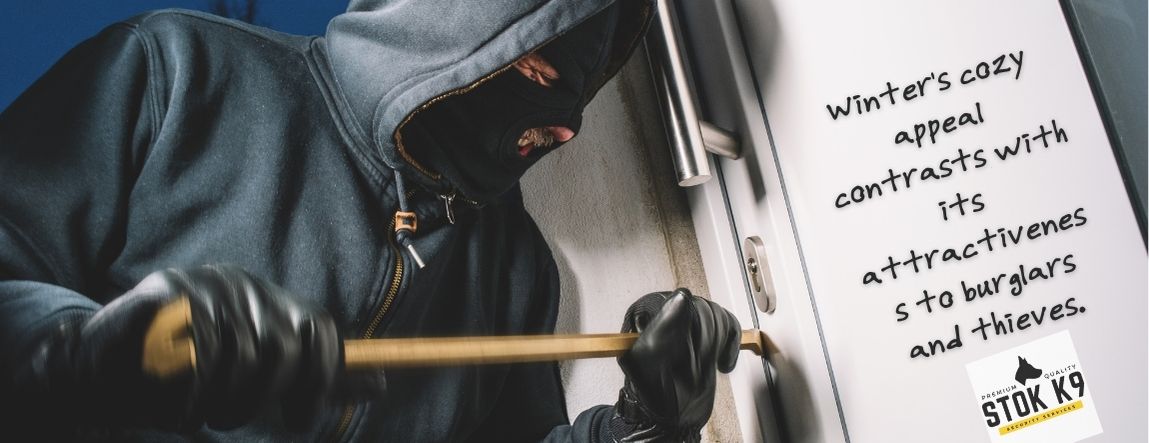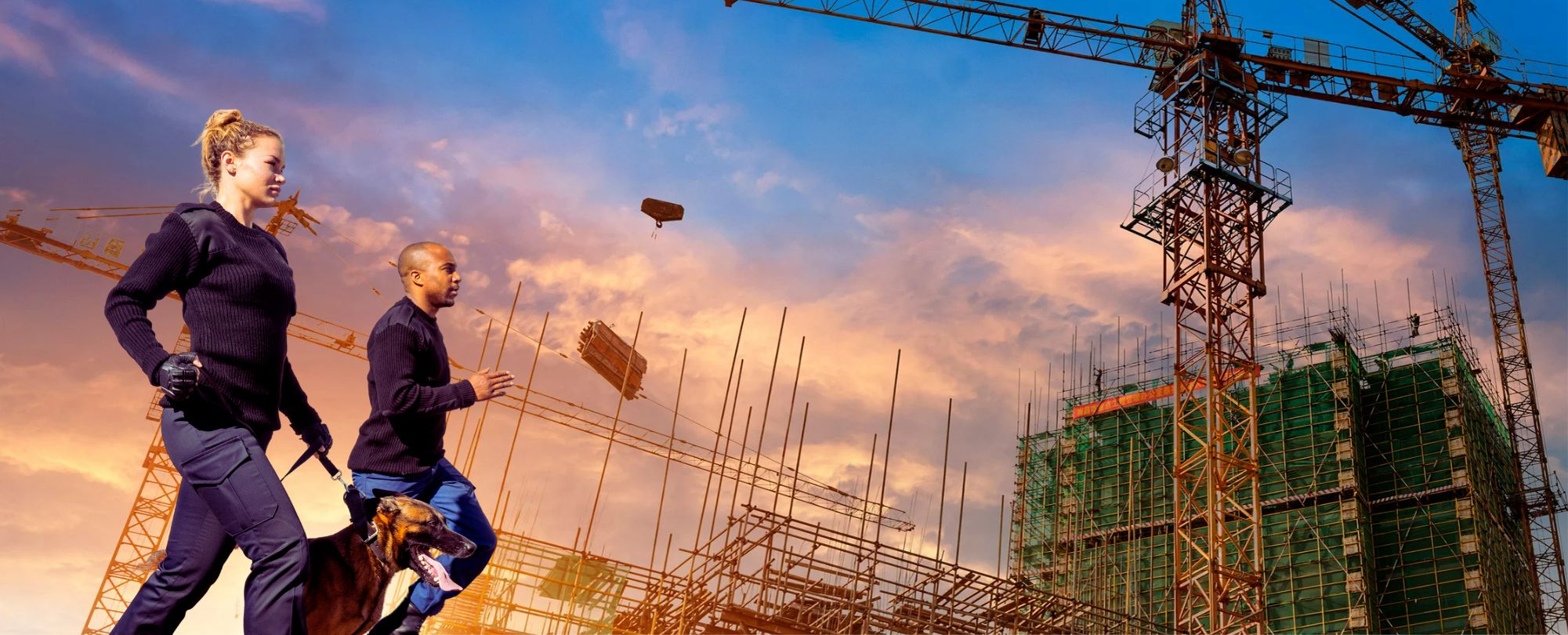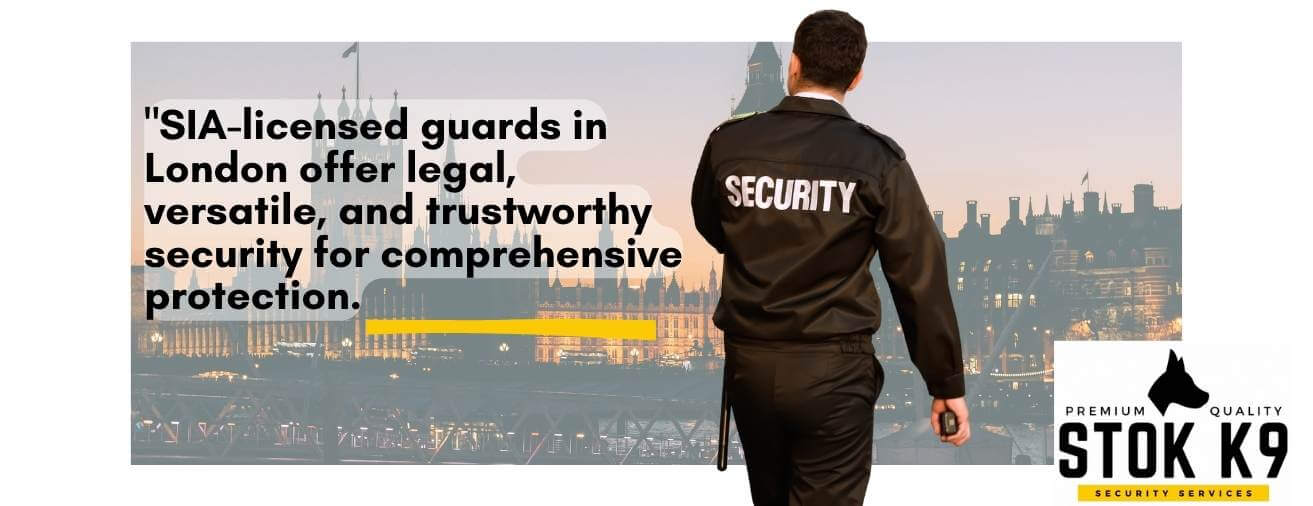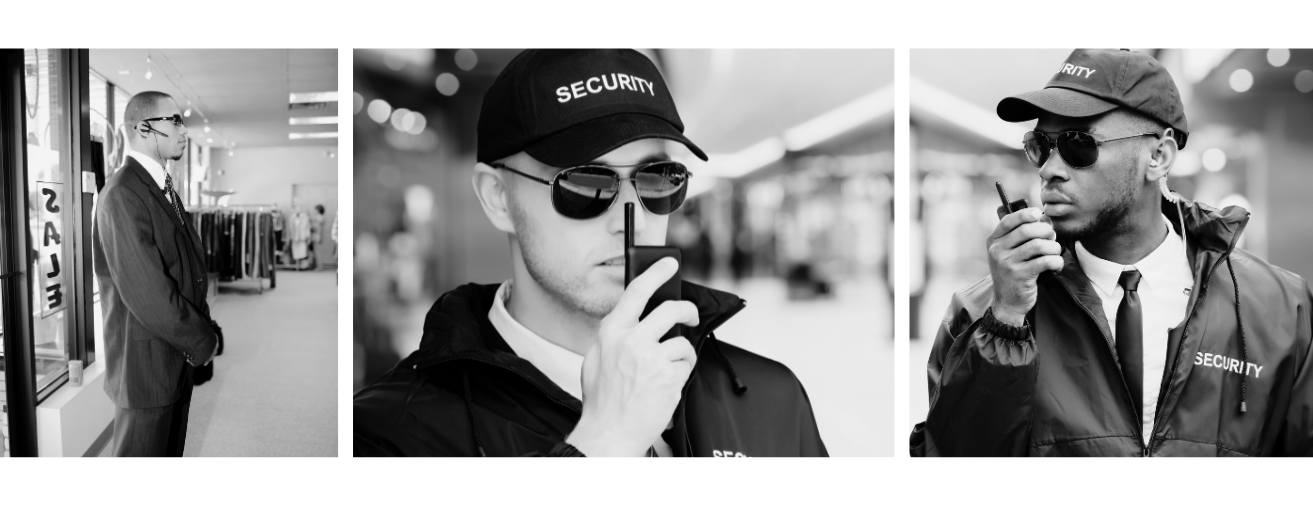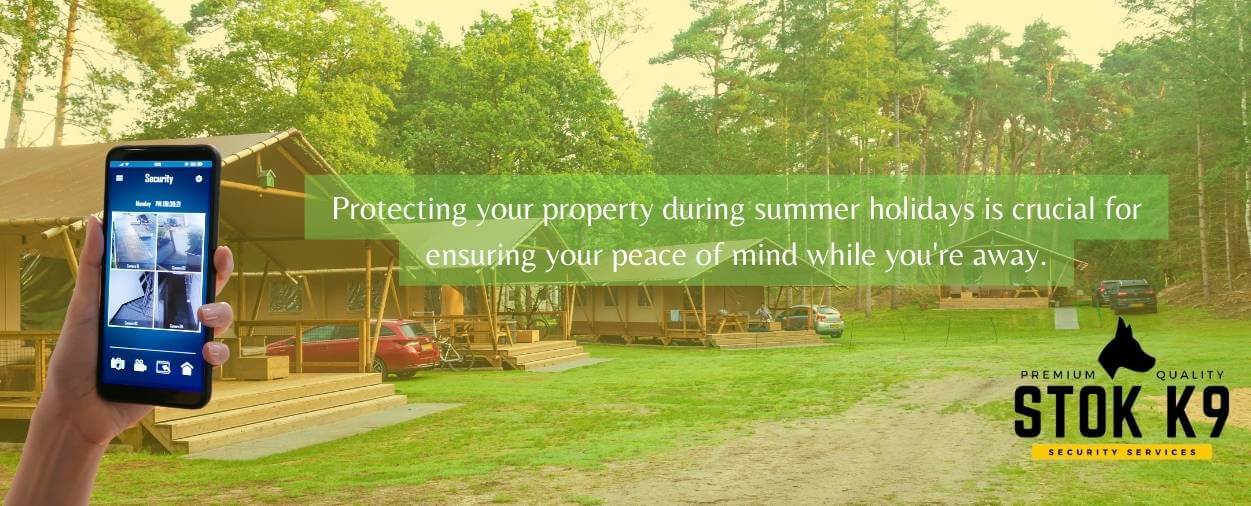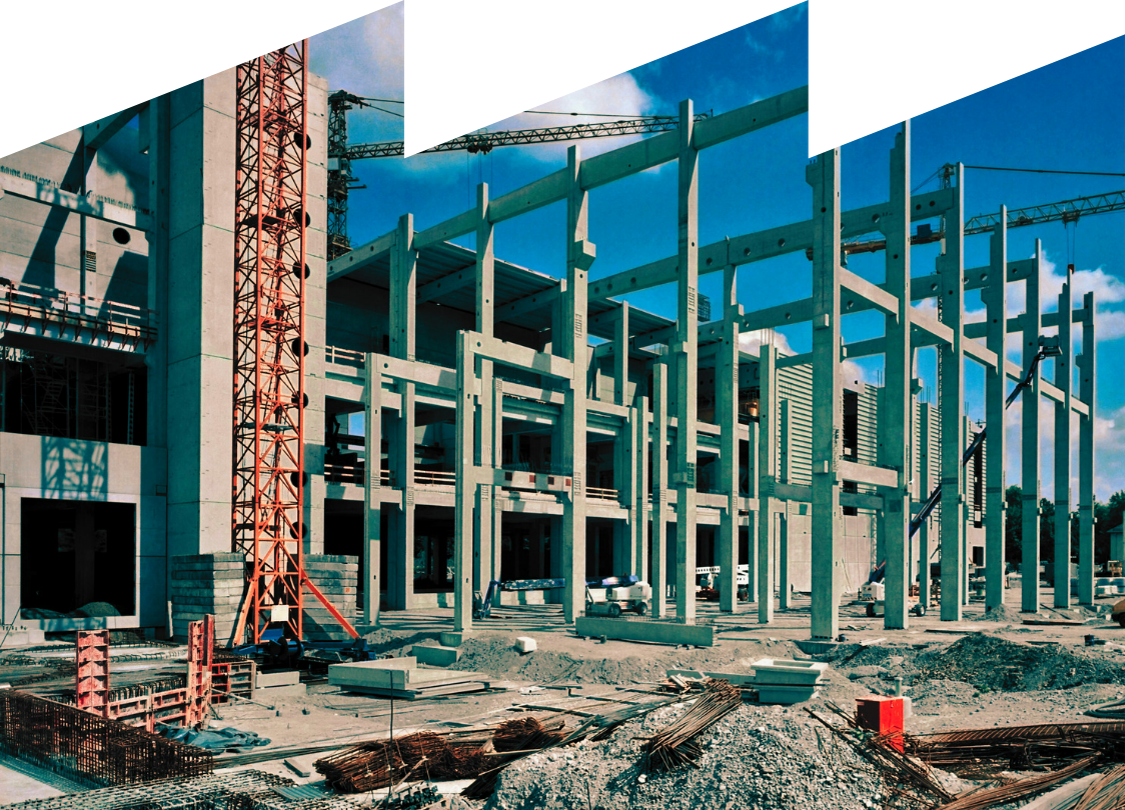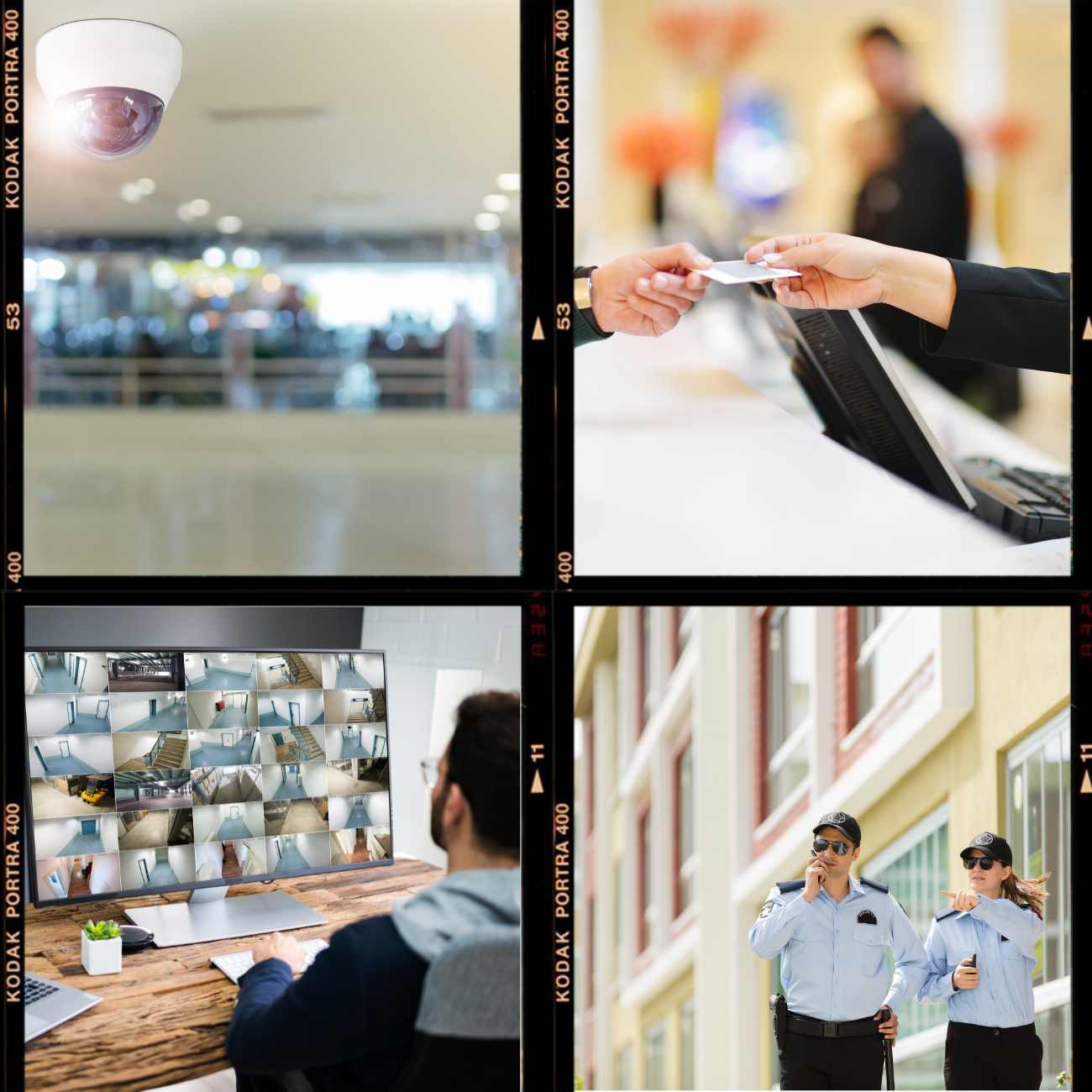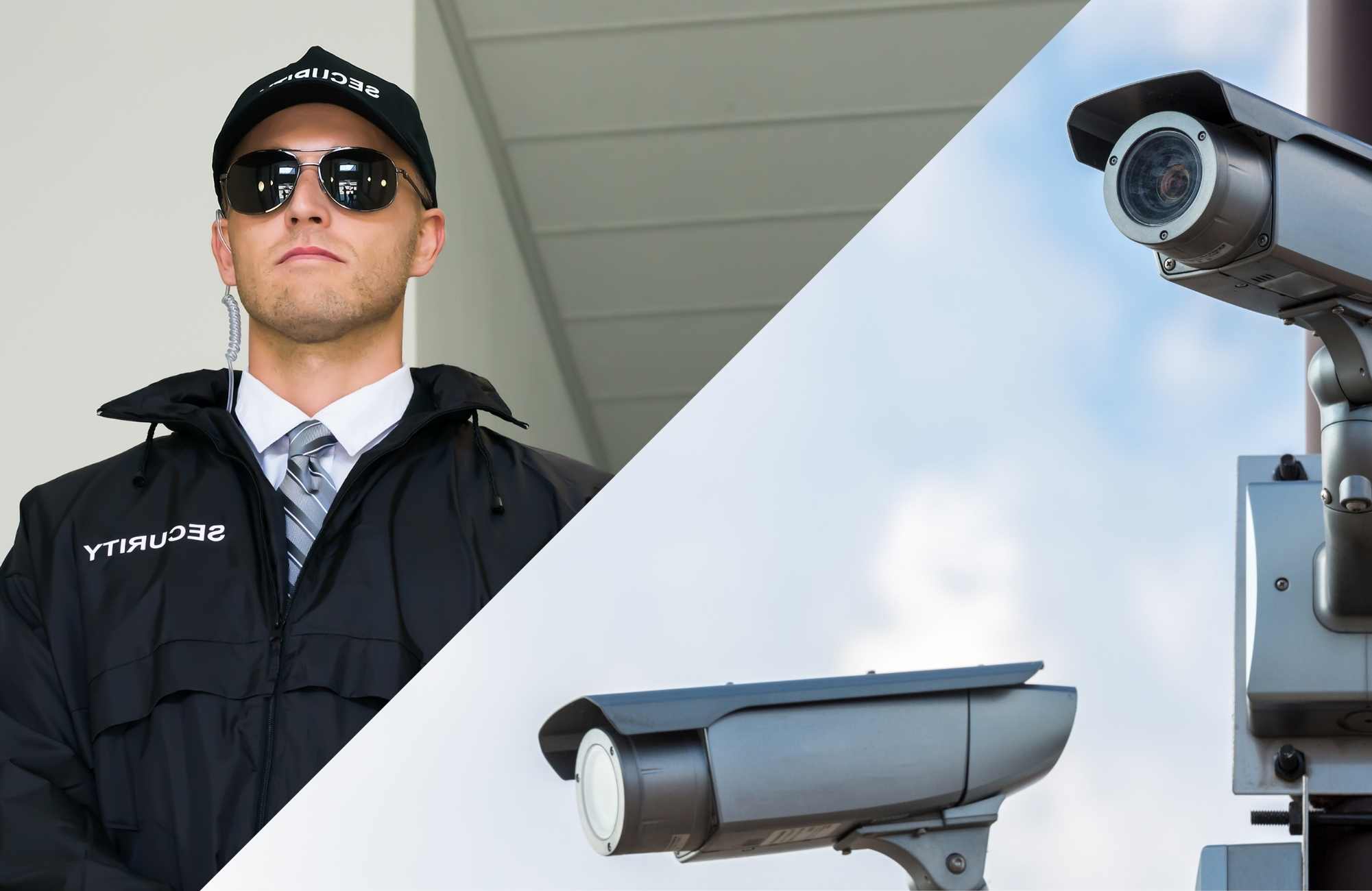The growing concern for personal safety and property security has increased the demand for residential security services, which have become more important than ever.
Understanding residential security services
Residential security services encompass a range of measures designed to create a robust defence system for your home. Some of the most common ones are CCTV cameras and private security, but you can add advanced systems. Here’s a breakdown of their key components:
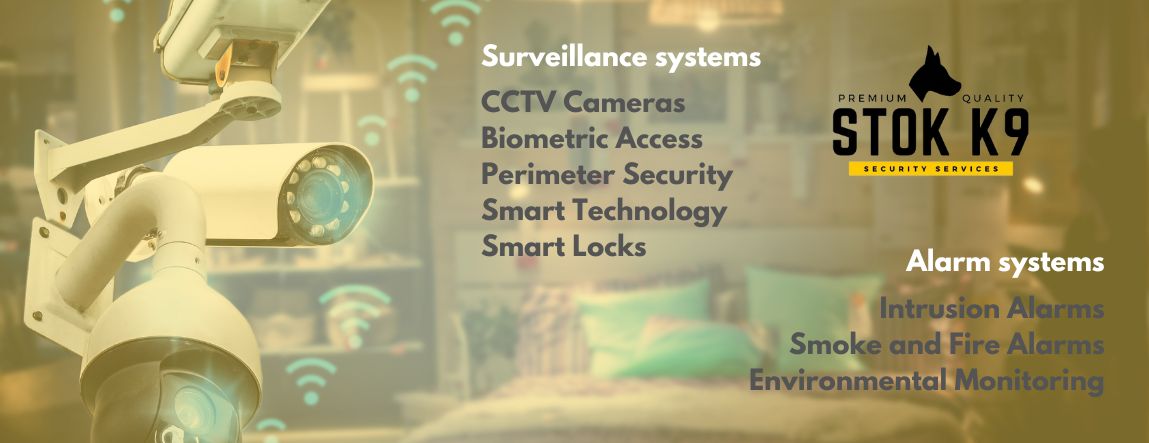
Surveillance systems
Securing your home goes beyond locking doors and windows. Surveillance systems stand as silent guardians, watching over your property and providing an additional layer of protection.
- CCTV Cameras: Strategically placed cameras act as watchful eyes, monitoring the exterior and interior of your property 24/7.
- Biometric Access: Fingerprint or retina scans offer first-class protection, ensuring that only authorised individuals can enter your facility.
- Perimeter Security: An often overlooked but crucial aspect of residential security is perimeter protection. This includes fences, gates, and barriers that serve as the first line of defence against intruders. Advanced systems can integrate sensors and alarms that trigger when someone attempts to breach the perimeter, providing an early warning system and deterring potential intruders before they reach your home.
- Smart Technology: Integration with smart devices allows for real-time monitoring and alerts, putting control in your hands, even when you’re away.
- Smart Locks: Replace traditional locks with advanced smart locks that allow keyless entry, making access difficult for unauthorised individuals.
Alarm systems
Alarm systems play the crucial role of alert conductor. These systems deter burglars and have proven useful for crime prevention.
- Intrusion Alarms: Alarms with sensors placed on doors and windows can deter intruders on your property. The best alarms automatically call the police or security team and can be controlled by phone.
- Smoke and Fire Alarms: Comprehensive security includes protection against not just intruders but also potential disasters. These alarms sound to alert the occupants of the property and call emergency services.
- Environmental Monitoring: Beyond intruders and fires, comprehensive residential security systems also monitor environmental threats. This includes detectors for water leaks, gas leaks, and drastic temperature changes. These systems are vital for preventing damage from non-human threats, ensuring that your home is protected from a wide range of potential emergencies.
Why you need residential security services
A visible security system is usually enough to deter potential intruders. Criminals are less likely to target homes with strong security measures. However, in the unfortunate event of a security breach, residential security services ensure a quick response, whether it’s alerting authorities or dispatching on-site security.
Knowing that your home is equipped with the latest residential security services provides peace of mind and increases family safety.
Furthermore, investing in residential security not only protects your loved ones but also your real estate investment. Properties with security systems tend to have a higher resale value.
Additionally, residential security services are not one-size-fits-all. They can be tailored to your specific needs, considering your home’s layout, environment, and lifestyle. The key to a good security system is reliability and adaptability to the needs of the space and its occupants.
Remote access and control
Modern residential security services often include the ability to remotely access and control your security systems via smartphones or computers. This feature allows homeowners to check in on their property, receive real-time alerts, and even control security features like lights and locks from anywhere in the world. This level of control and accessibility adds a layer of convenience and reassurance, particularly for those who travel frequently or leave their property unattended for extended periods.
Security at home is paramount, and residential security services are your house’s first line of defence. Investing in these services is an investment in the safety of your family, the protection of your property, and peace of mind when you’re out.
Stok K9 Security Services provide bespoke residential security services to ensure your property is fully protected.


